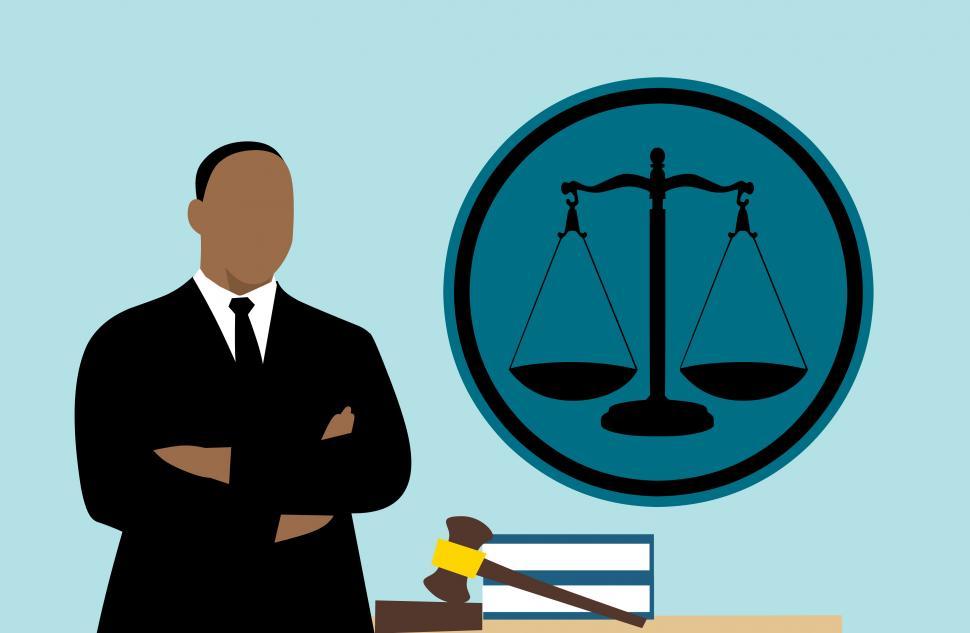In the event that confronting a legal problem, parties often find themselves in a position at a dilemma, dubious whether to pursue legal action or seek alternative dispute resolution. Both routes offer separate advantages and can lead to very different consequences. Comprehending the subtleties of each choice is vital for wise decision-making, especially when you consider the timeline, efforts, and psychological impact involved in legal disputes. Choosing https://telegra.ph/The-Role-of-Legal-Professionals-in-Social-Justice-Advocacy-04-11 can lead to all the distinction in reaching a favorable resolution.
The following article will delve into the essential factors of litigious processes and alternative dispute resolution, steering you through the path of decision making. We will cover key legal considerations that anyone should be aware of, such as when you should hire an attorney, how to select the right attorney for your case, and what to expect during your introductory session with an attorney. Additionally, we will explore significant rights and responsibilities relevant to multiple cases you might encounter, from personal injury to matters of family law. By the close, you will have a clearer grasp of your possibilities and the resources necessary to navigate the world of law efficiently.
Essential Legal Tips
One of the most crucial tips to keep in mind is to always pursue law-related advice when faced with a legal matter. Whether you are unsure about a contract you are about to execute or need assistance after an event, meeting with an attorney can offer clarity and direction. Attorneys can assess the situation and counsel you on your rights and obligations, which helps you steer clear of common mistakes that many people face.
Understanding when to hire an attorney is essential. If you are dealing with a complex legal matter, like a family dispute, personal injury claim, or criminal charges, don’t hesitate to reach out a professional. An attorney can represent your interests, navigate the legal system, and guarantee that your case is handled effectively. Keep in mind, not all situations require an attorney, but it’s better to be safe than sorry when significant risks are involved.
In conclusion, be proactive about your legal matters. Ignoring legal notifications, such as a summons, can lead to severe consequences, including losing your case by default. Stay informed about your rights and responsibilities, and take the appropriate steps to safeguard yourself legally. Being aware of key legal tips can enable you to make informed decisions and take control of your legal situation.
Grasping Attorney Legal Representation
Managing the judicial field can be overwhelming, which is why comprehending the importance of attorney representation in law is essential. Attorneys act as representatives for their clients, delivering advice on law rights and duties. Whether you face criminal accusations, handling family law issues, or seeking to safeguard your business interests, retaining an advocate can significantly influence the outcome of your case. Their experience allows clients to tackle legal issues with confidence, realizing they possess someone knowledgeable by their side.
A skilled attorney not just represents your interests in court but also supports you comprehend the intricacies of the legal system. Beginning with the initial consultation to the conclusion, they clarify what to expect at each phase of the course. This understanding is crucial for managing stress and decisions based on good information. The insight an attorney provides can assist in sidestepping common legal mistakes people make, steering clients through situations that may otherwise feel burdensome.
Moreover, choosing the best attorney for your unique needs is vitally important. Various cases demand specific knowledge, and comprehending your own situation will aid in choosing someone who is proficient in your practice area. Whether it’s personal injury, criminal law, or estate planning, the suitable attorney guarantees that your attorney's support matches with your individual case and needs, ultimately yielding better outcomes.
Rights and Duties in Law
Grasping your rights and responsibilities is crucial when dealing with the legal system. Visit this site has specific legal rights, such as the entitlement to fair treatment under the law, the right to seek legal counsel, and the right to due process. It's vital to be cognizant of these rights to safeguard yourself in a multitude of situations, regardless of whether you are facing a legal matter or just want to make sure you understand your rights. For example, being informed of your rights during a police stop can create a substantial difference in how you manage the situation.
On the other hand, people also have duties that come with those entitlements. This includes the duty to comply with laws and regulations, to be truthful in legal proceedings, and to honor the entitlements of others. Fulfilling these duties is vital, as failing to do so can lead to legal consequences, including fines or even imprisonment. Being aware of both your rights and your responsibilities will enable you to make informed decisions and navigate legal challenges more efficiently.
In specific contexts, such as employment or tenant-landlord relationships, the balance of entitlements and duties can be more complex. Understanding what rights you hold as an employee or a tenant while also being aware of your obligations can help prevent disputes and foster more constructive interactions. Ultimately, achieving a clear understanding of the relationship between entitlements and duties will empower you to interact with the law with confidence and responsibly.

